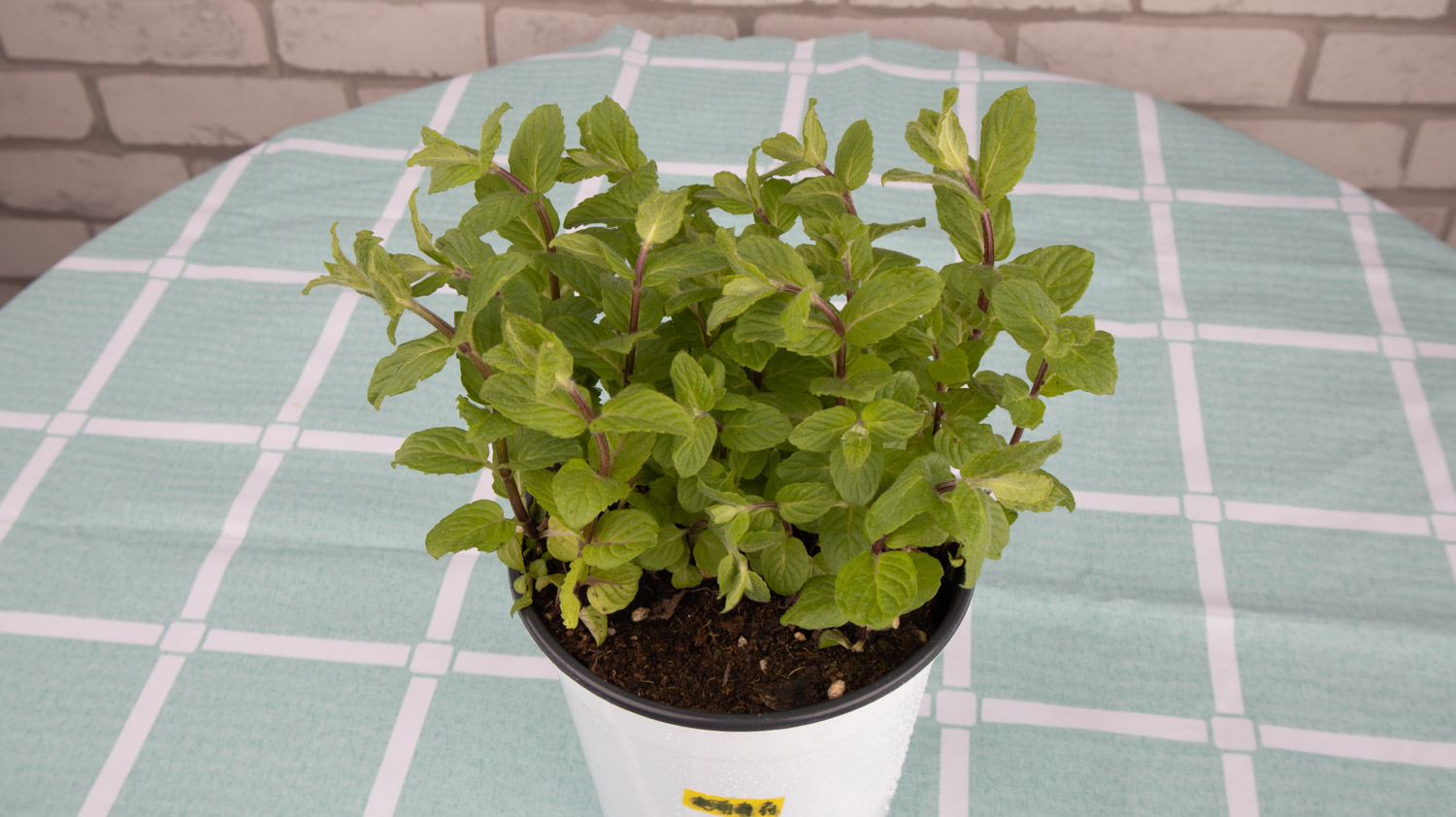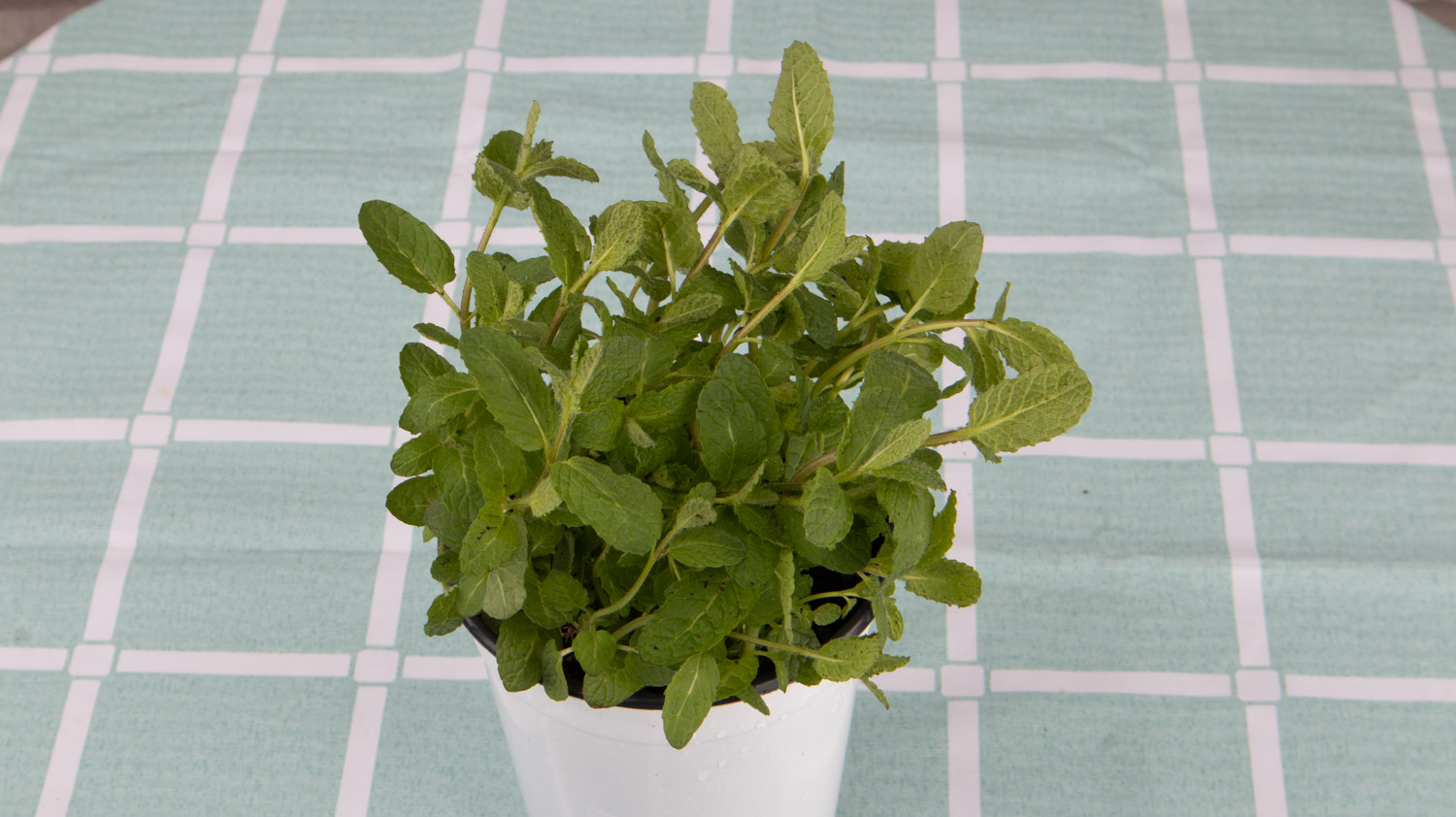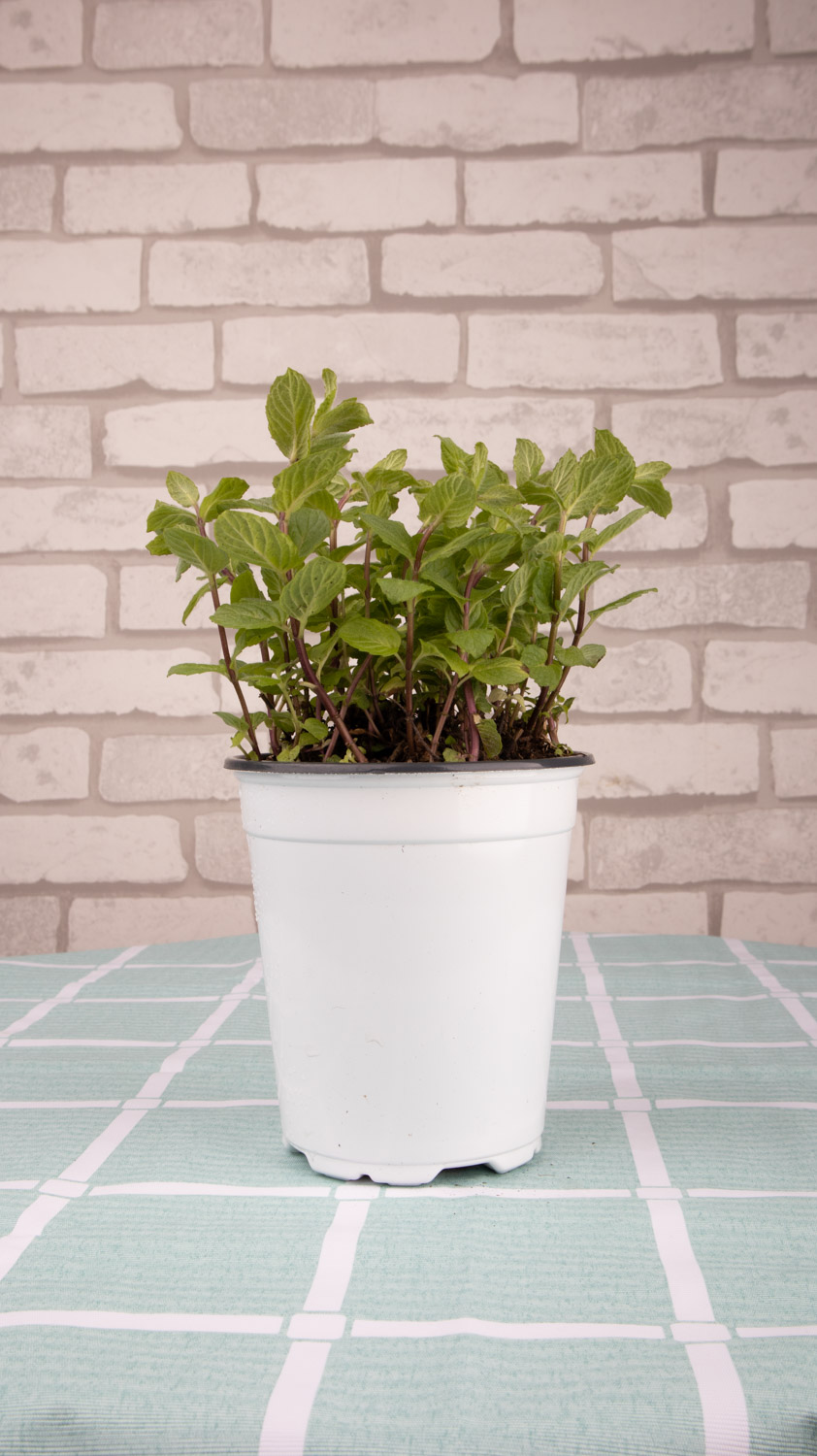1、 Sufficient light
Peppermint is a long sunshine crop. If the light is insufficient, it will not only affect its development, but also reduce the content of menthol and peppermint oil. Generally, it should be placed in a sunny place, and the illumination time should be guaranteed as long as possible every day, which is conducive to the differentiation of flower buds and better photosynthesis. It should be noted that during the seedling period, you should avoid exposure to strong light, otherwise you will burn it. Just grow up a little

2、 Soil suitability
Peppermint does not have high requirements for soil. Generally, it is OK as long as the soil is not seriously sandy or too viscous. At the same time, it is also necessary to avoid planting with a substrate with strong acidity and alkalinity. It can be mixed with garden soil, humus soil and sandy soil. The content of sandy soil should not be too high to avoid affecting the growth of roots. The soil should be fully disinfected before use. It can be exposed to the sun or stir fried in a waste pot

3、 Proper watering
In order to promote the growth of peppermint, it is necessary to provide sufficient water in the first and middle stages. Generally, it needs to be watered every 15 days, so that it can grow quickly. When it grows to a certain extent, it is necessary to properly control the water volume. By controlling the water, it can avoid its crazy growth and reduce the possibility of lodging. Generally, it can be harvested by watering 4-5 times after emergence, and the water shall be stopped 25 days before harvest

4、 Pay attention to fertilization
When planting mint, you need to apply enough base fertilizer. The base fertilizer generally uses rotten compost, calcium superphosphate and bone meal, which can ensure comprehensive nutrition and is not easy to cause fertilizer damage. When the seedlings grow to 10-15 cm high, appropriate topdressing is required. At this time, urea is used as fertilizer to promote the development of branches and leaves. Before fertilization, it needs to be fully diluted to avoid damage to the root caused by concentrated fertilizer

 jackfruit
jackfruit snake plant
snake plant hibiscus
hibiscus hydrangea
hydrangea lavender
lavender Green roses climb al...
Green roses climb al... If you don't pay att...
If you don't pay att... Management of four g...
Management of four g...

































